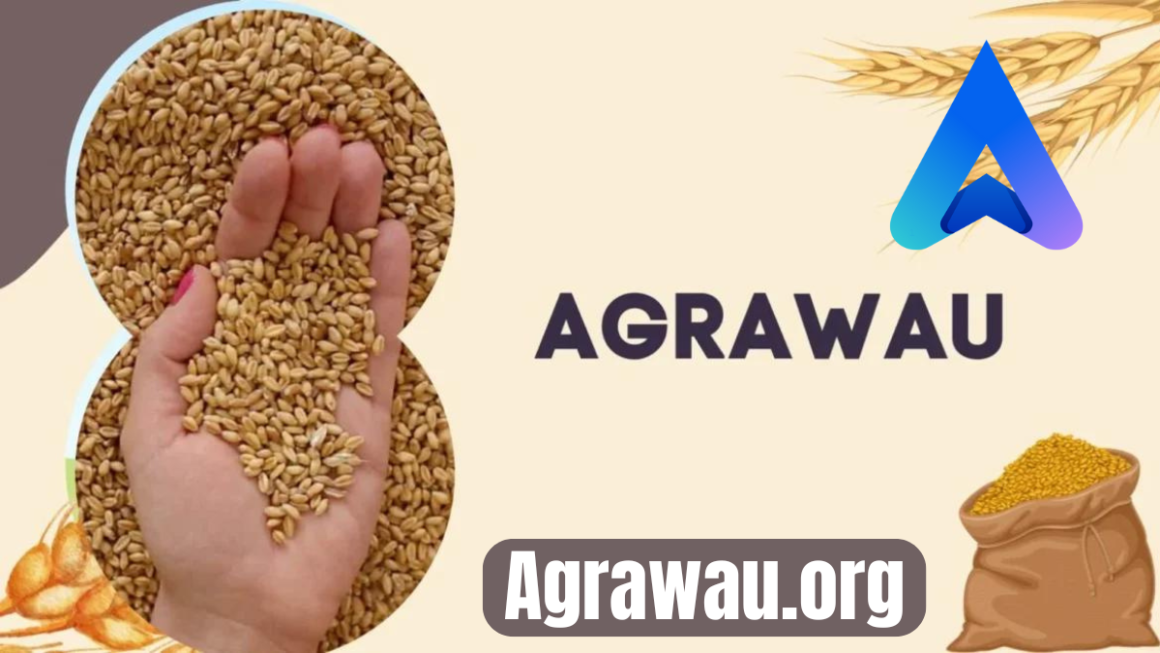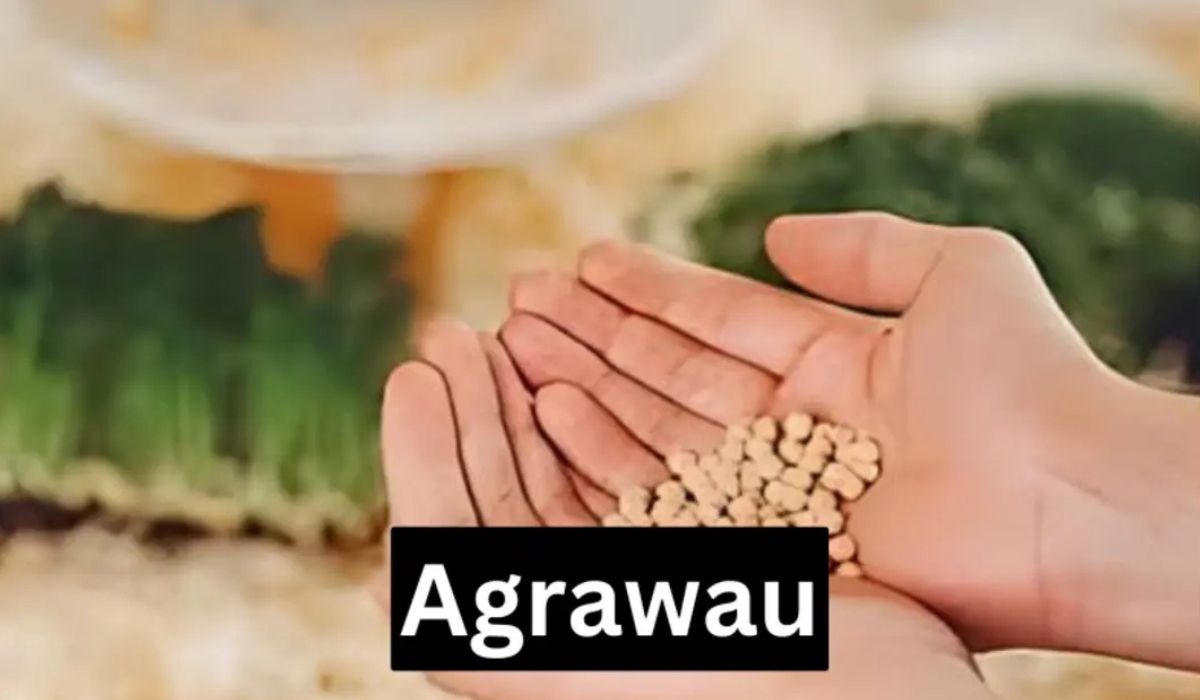Introduction
The word “Agrawau” might seem unfamiliar to many, but it holds significant meaning for those who trace their roots back to the rich and vibrant cultures of South Asia. Agrawau is a term steeped in history and tradition, often associated with communities that have maintained a legacy of hard work, culture, and contribution to society. Whether it refers to a family name, a regional term, or a broader cultural identity, the essence of Agrawau is closely tied to values of unity, perseverance, and communal growth.
The Historical Context of Agrawau
To understand the importance of Agrawau, one must first dive into the historical context of the term. In many cultures, names and identities carry the weight of history, with roots stretching back to ancient times. could have originated as a surname or as a way of identifying a specific community or tribe. Such terms often evolve over centuries, from a functional identifier to one that holds deep emotional and cultural significance. In rural communities across South Asia, for instance, might refer to a particular clan or social group whose history is intertwined with that of the land and its people. These groups often carry the traditions, values, and customs of their ancestors, preserving them for generations to come.
Cultural Significance and Traditions of Agrawau Communities
One of the most important aspects of Agrawau is its cultural significance. Communities bearing this name or identity often share common cultural practices, traditions, and a sense of solidarity that bind them together. From religious ceremonies to seasonal festivals, communities are deeply connected to their cultural heritage, with each member participating in the preservation and celebration of their customs.
Festivals, whether they are related to harvest seasons, religious observances, or rites of passage, play an essential role in the life of Agrawau people. These festivals are more than just celebrations—they are moments of cultural reaffirmation. They serve as opportunities for members of the community to reconnect with their roots, pay homage to their ancestors, and pass down wisdom to younger generations.
In addition to religious and social observances, family and community bonds are central to Agrawau culture. The respect for elders, the importance of familial connections, and the duty to contribute to communal well-being are integral elements of life in an Agrawau-based community. These values not only maintain the social fabric of the community but also ensure that the cultural identity of is sustained through changing times.
The Evolution of Agrawau in Modern Times
 Like many traditional communities, the Agrawau identity has had to adapt to the demands of the modern world. Over time, globalization, urbanization, and technological advancements have brought significant changes to the ways in which traditional communities function. The younger generations of Agrawau, for example, may now live in cities, work in diverse industries, and engage with global cultures. However, the connection to their ancestral traditions and the sense of belonging to the community remains strong.
Like many traditional communities, the Agrawau identity has had to adapt to the demands of the modern world. Over time, globalization, urbanization, and technological advancements have brought significant changes to the ways in which traditional communities function. The younger generations of Agrawau, for example, may now live in cities, work in diverse industries, and engage with global cultures. However, the connection to their ancestral traditions and the sense of belonging to the community remains strong.
In contemporary settings, the Agrawau identity may have taken on new forms. Where once it might have been primarily a rural identity tied to land and agriculture, today it may represent a blend of traditional values and modern achievements. For example, members of communities may now be involved in business, politics, and academia, taking their cultural values and infusing them into their professional and personal lives. This evolution is a testament to the resilience of communities, which have managed to retain their cultural essence while embracing progress.
Agrawau in the Context of Family and Social Structure
Family is at the core of Agrawau society. The concept of family is often more expansive than the immediate nuclear family. It includes extended families, with grandparents, uncles, aunts, cousins, and even distant relatives playing significant roles in one another’s lives. The idea of joint family living, where multiple generations share a common household, is common in communities, fostering close-knit relationships and mutual support.
Social structures in Agrawau societies are typically hierarchical but based on mutual respect. Elders hold authority, not only because of their age but also because of their wisdom and experience. Younger generations are expected to listen to and learn from their elders, ensuring that traditions are passed down effectively. This respect for authority within the family unit is also mirrored in the broader community, where leaders or influential members guide the direction of cultural practices and help resolve disputes.
The Role of Agrawau in Rural Economies
Historically, the Agrawau communities have been integral to rural economies, particularly in agrarian societies. Many families and clans within the identity have traditionally been farmers, traders, or artisans, contributing to the local economy through agriculture, craftsmanship, or trade. The land was often considered both a means of sustenance and a sacred bond between the people and their ancestors.
In rural areas, Agrawau communities have often organized themselves around agricultural practices, with an emphasis on working together to till the land, harvest crops, and ensure the prosperity of the community. This focus on communal effort fosters a sense of shared responsibility and collective success. While modern economic practices may have shifted away from traditional agriculture, the values of hard work and unity remain at the heart of communities.
Challenges and Opportunities for Agrawau Communities
Like many traditional communities, faces various challenges as it navigates the modern world. One of the primary challenges is maintaining the balance between tradition and modernization. With younger generations increasingly moving to urban areas for better educational and career opportunities, there is a risk that the traditions and customs associated with Agrawau may fade away. However, many within the community are working to ensure that their heritage is preserved by documenting their history, sharing stories, and adapting traditional practices for contemporary life.
In terms of opportunities, the Agrawau identity holds great potential for contributing to the global community. As people with deep cultural roots and a strong sense of identity, those from communities are in a unique position to share their traditions, wisdom, and values with the world. Whether through literature, art, or cultural exchange programs, the community has much to offer in terms of enriching the broader human experience.
The Future of Agrawau: A Legacy of Strength and Unity
Looking ahead, the future of Agrawau rests on its ability to adapt while preserving its core values. Like many cultural identities, must find ways to engage with a globalized world without losing sight of its roots. As long as the values of unity, respect, and hard work remain central, will continue to thrive, evolving and adapting to new realities while keeping its traditions alive for future generations.
Ultimately, Agrawau is more than just a name or an identity; it represents a way of life built on community, family, and perseverance. It is a testament to the power of culture in shaping the individual and the collective, ensuring that the legacy of will endure for generations to come.
Conclusion
the term Agrawau encapsulates much more than just a name—it is a symbol of cultural pride, historical continuity, and communal unity. Rooted in traditions and customs that have been passed down through generations, represents a community bound by shared values of respect, hard work, and familial bonds. While modern challenges such as urbanization and globalization may threaten the preservation of these traditions, the resilience of communities ensures that their cultural heritage will continue to evolve and adapt to contemporary life.
You Many Also Read: Ztec100.com


